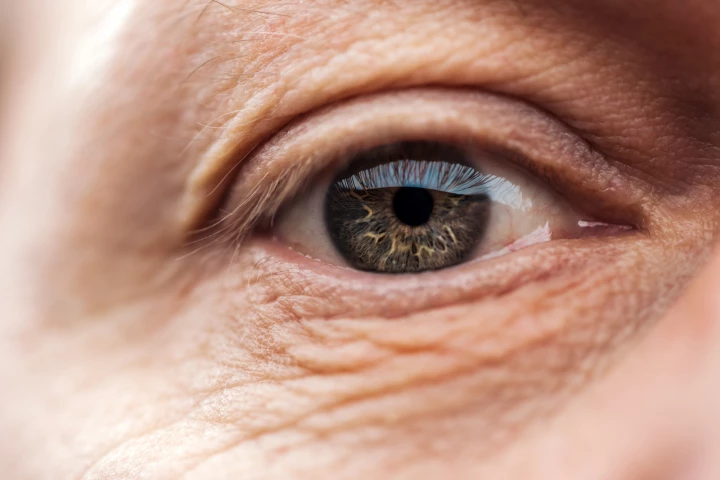University of Manchester
-
Scientists studying the movement of seafloor sediment have found that underwater avalanches are driving microplastics into the deep ocean, which may help researchers better map the distribution of waste throughout the marine environment.
-
Age-related macular degeneration is one of the leading causes of blindness, and there may now be new hope for treating or even preventing it. An international team of scientists has identified a specific protein that may be the cause of the disorder.
-
Viruses are difficult to kill – most of the drugs and chemicals that do are also harmful to human health. But now, scientists have developed a new virucidal substance derived from sugar, making it deadly to a wide range of viruses but safe for us.
-
A new study from the University of Manchester is questioning common consensus, arguing perceived color can influence circadian clocks. Animal experiments suggest exposure to yellow light at night from screens could be confusing our body clocks.
-
BAE Systems has made aviation history by maneuvering the first aircraft in flight using supersonically blown air instead of ailerons or other control surfaces. Taking to the skies over Wales, the wing-shaped Magma UAV makes use of two new technologies that could revolutionize aircraft design.
-
A team of scientists has solved the mystery of the strange Parkinson's disease smell, revealing a number of skin-secreted volatile biomarkers can be detected in patients suffering from the disease. The next step for the research is to turn this discovery into an early-detection tool.
-
Scientists at the University of Manchester in the UK have developed flags that are reckoned to be the first to harvest solar and wind at the same time. Not enough to power a house, or even a gadget such as a smartphone, but could be enough for set it and forget it remote sensors.
-
After 12 years of work, researchers at the University of Manchester in England have completed construction of a "SpiNNaker" (Spiking Neural Network Architecture) supercomputer. It can simulate the internal workings of up to a billion neurons through a whopping one million processing units.
-
If you're building a spacecraft that's going to be landing on a planet that has an atmosphere, then you'd better give it a heat shield. Although some approaches to such shields can be heavy or complex, a University of Manchester PhD student has developed one that's simple, cheap and lightweight.
-
Paleontologists have long wondered about the skeletons of a strange, ancient fish family called heterostracan. But now UK scientists say they’ve cracked it, declaring the 400 million-year-old fossils to be the oldest examples of bone ever found.
-
Chronic skin ulcers such as those associated with diabetes are notoriously difficult to treat. As a result, we've seen experimental approaches such as spray-on skin, ultrasound band-aids, and silver-laced dressings. Now, scientists are getting very good results using a high-tech lamp.
-
In the movie "Predator," Arnold Schwarzenegger hid from an alien's night vision system by covering himself in mud. He might have found things much easier, however, if he'd had access to a newly-developed thermal camouflage material.
Load More











